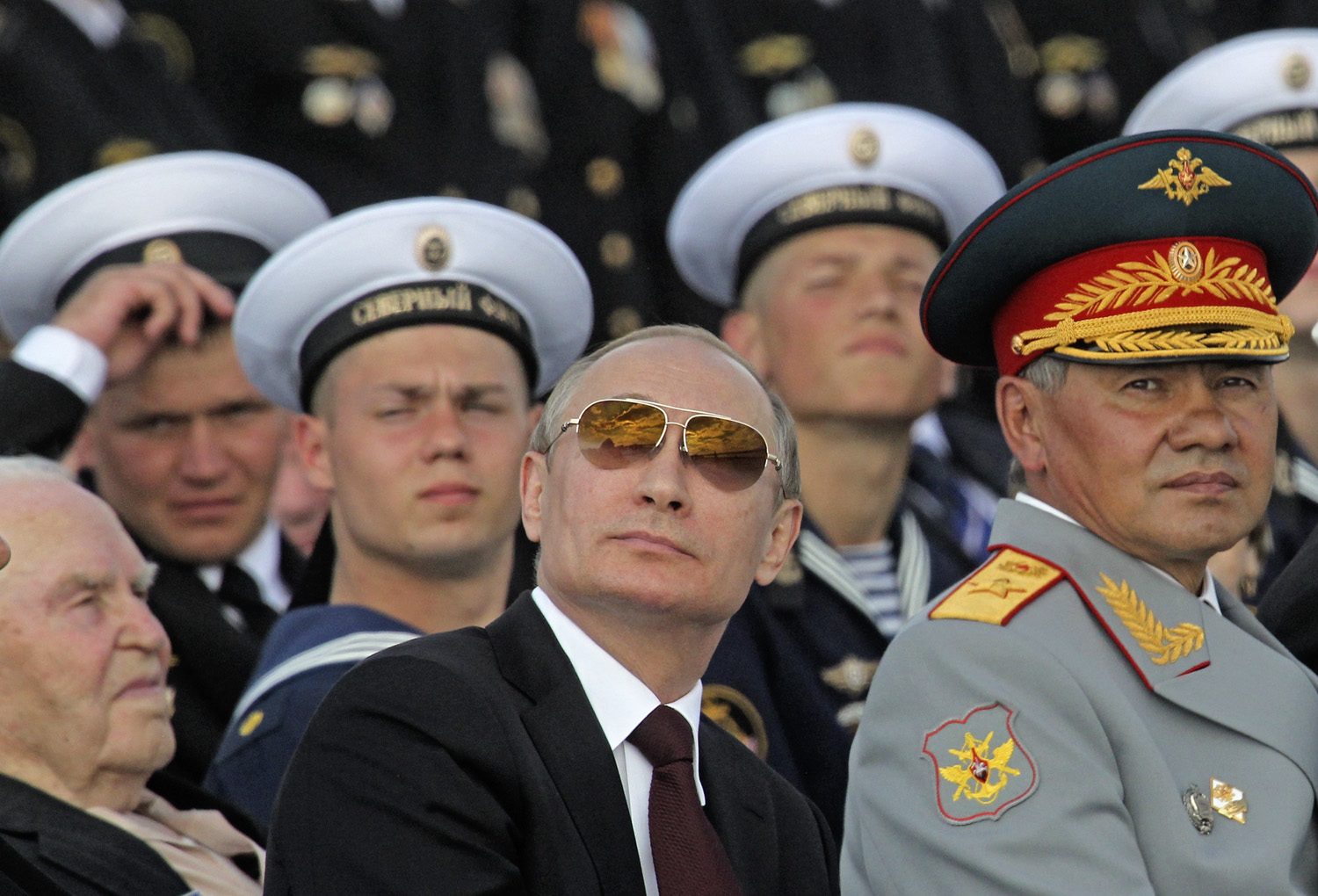
In the immediate aftermath of the Cold War, some rather naive people suggested that the North Atlantic Treaty Organization should disband, as its job was now done. The West had won; capitalism and democracy would prevail. It was the end of history.
There was some logic to this argument. The Soviet bloc has been consigned to the dustbin of history. The threat of a global nuclear war has been greatly reduced. Democracy has taken root in most of Eastern Europe and Latin America and in much of the Far East.
But as one door has swung gently closed, another has swung back in our face. With the collapse of the Soviet Union an ugly nationalism has reasserted itself in many parts of Europe, and in some countries that has resulted in military conflict. In the 1990s we witnessed the disintegration of Yugoslavia and the traumatic war in Bosnia. More recently ethnic tensions have sparked military confrontation in Georgia, Moldova and, most dramatically, Ukraine, where Russia has this year annexed Crimea and fomented civil war in Ukraine’s eastern provinces.
These events, and in particular Russian behavior over the past few months, have transformed the debate in the West about the relevance of NATO. Instead of dismissing the alliance as past its sell-by date, the continuing need for NATO is now unchallenged. That has been Russian President Vladimir Putin’s most impressive, albeit unintended, achievement.
NATO’s 28 member states are bound by a collective security pact that mandates all members to resist aggression—by military means if necessary—if any state in the alliance is attacked. The arrangement has worked well for 65 years, uniting both sides of the Atlantic, with the U.S. and Canada committing themselves to Europe’s security. NATO’s prime task today is to make clear to Moscow that the collective security of the West is as robust as it has ever been.
That requires NATO to reassure some of its newer members, such as Poland and the Baltic states, that they will not be alone if Russia were to treat them as it has treated Ukraine. Both Latvia and Estonia have large Russian-speaking minorities whose interests and grievances Putin would like to use as an excuse for seeking to reduce the independence of the Baltic states.
But although the need for NATO is clear, there are issues that weaken the alliance and raise doubts about its long-term future. First, NATO remains dependent on American military capability. The European contribution to the alliance is considerably smaller. While Washington does not expect the Europeans to match U.S. might, the gap between American and European contributions has been growing. Only the U.K. and France have significant armed forces that can deploy overseas, and even their budgets have been under severe pressure.
Most European states in NATO have small defense budgets, many of which have shrunk further in recent years. The militaries of the Netherlands, Poland, Denmark and several other European nations are very capable but are comparatively small-scale. Turkey has a strong army, but it has an exclusive regional focus in Cyprus and the Middle East.
The European members of NATO have to address this issue urgently, given Putin’s aggressive foreign policy. Further cuts in defense budgets must be resisted. As Europe recovers from the financial crisis, real increases in defense spending are essential if stability is to be maintained.
The second challenge NATO faces is that although the threat from Russia may seem familiar, the means Russia now uses to advance its interests are radically different from those employed in the old Soviet days. Russia is not going to invade the Baltic states or other former territories of the Soviet Union, but it will try to destabilize them as it is doing in Ukraine.
Russia is now using 21st century means to achieve its historic objectives. The problem is that NATO still has a 20th century mind-set. The alliance must give more attention to cyberthreats, to smart weapons and better military intelligence if it is to beat Putin at his game.
Putin is not a warmonger. He is an opportunist. He can be thwarted. NATO needs to make sure it has the determination and the tools required to stop him.
Rifkind is a former Foreign Secretary and former Defense Secretary of the U.K.
More Must-Reads From TIME
- The 100 Most Influential People of 2024
- The Revolution of Yulia Navalnaya
- 6 Compliments That Land Every Time
- What's the Deal With the Bitcoin Halving?
- If You're Dating Right Now , You're Brave: Column
- The AI That Could Heal a Divided Internet
- Fallout Is a Brilliant Model for the Future of Video Game Adaptations
- Want Weekly Recs on What to Watch, Read, and More? Sign Up for Worth Your Time
Contact us at letters@time.com